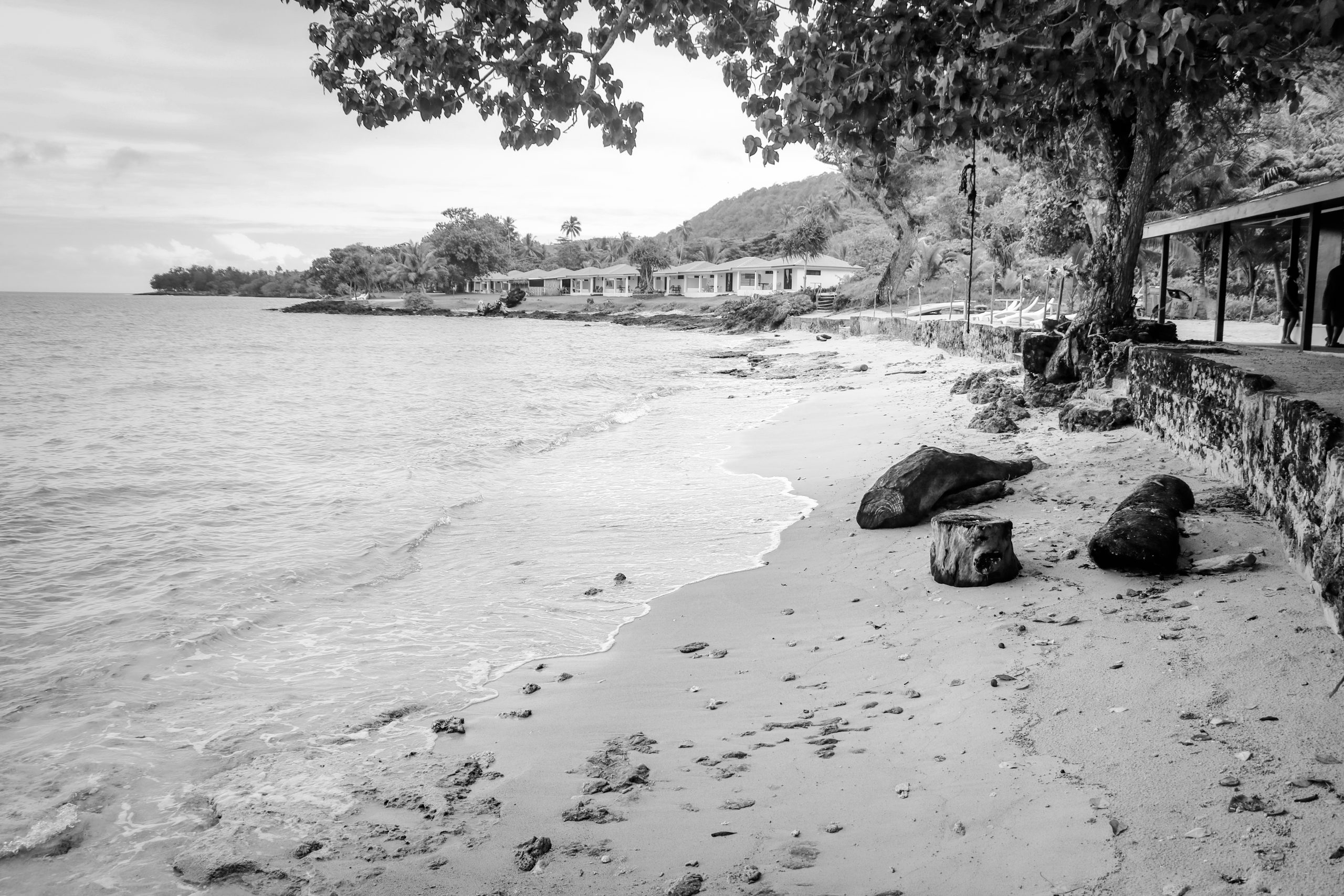Recent global movements are pushing the humanitarian and development sectors to answer fundamental questions about historical and social problems in the aid world.
This stream aims to support the humanitarian sector in making practical advancements in relation to the emerging priorities of Grand Bargain 2.0, as well as contributing to the evidence base to track progress.
Drawing together the work and experience generated from the Intention to Impact: Localising Humanitarian Action and Diverse Humanitarian Leadership research streams of the Humanitarian Horizons (2018–21) program, this stream seeks provide insights into how individuals, organisations and the sector can adapt and shift to rebalance power in a way that will strengthen humanitarian action and address needs.
The stream has two tracks: one looking at power dynamics in humanitarian response, which will explore the impact of local leadership; and one looking at power dynamics in humanitarian analysis, which will unpack evidence and knowledge production and use. Together they will help to support an informed and meaningful shift of power.
Answering the first question requires a broad lens to explore and better understand localised and equitable practices and their impact on humanitarian action and outcomes. The second question focuses on a very specific aspect of potential inequality in the system – knowledge and evidence.
Our research in this stream requires balanced and equitable partnerships for its success. The partnerships developed with CoLAB, GLOW, inSights, PIANGO, Pujiono Centre and other partners in Asia and the Pacific will continue to be key relationships for HAG, while new partnership opportunities are hopefully formed.
